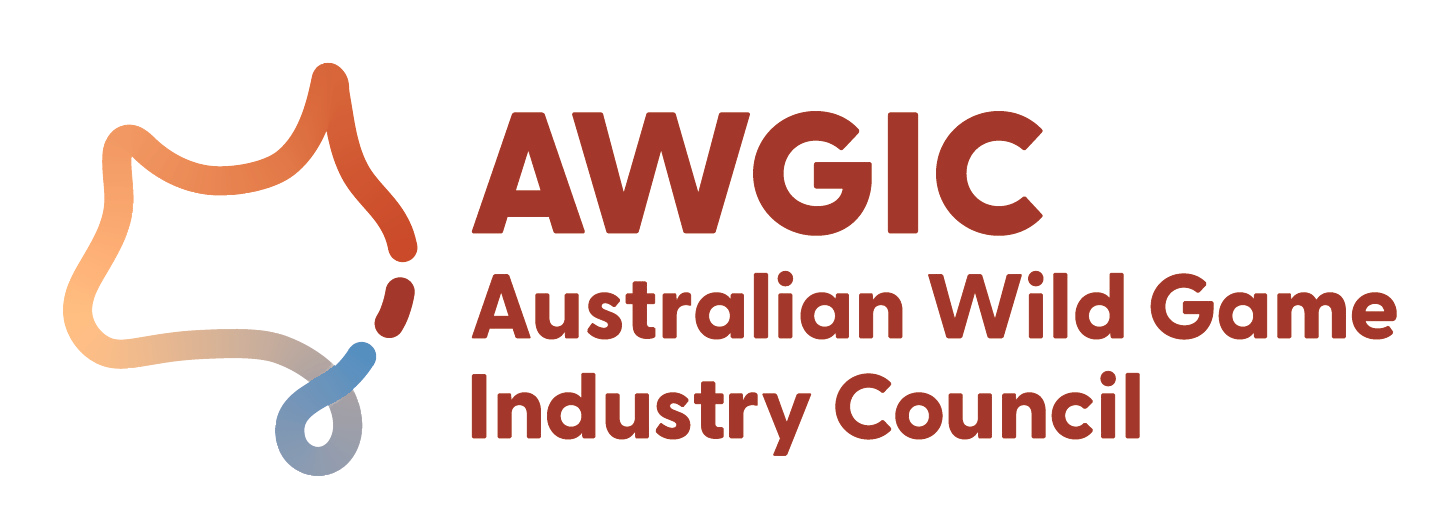The question of ethics is one that commonly is raised within the Kangaroo industry and is a topic worth exploring to debunk any myths or preconceptions surrounding the harvesting of Kangaroos.
Kangaroo harvesting is ethically supported by a wide range of informed scientists, academics and organisations for numerous reasons. Dr Catherine Money, a former Senior Research Scientist for the CSIRO, recently released an article titled “The Potential impact of climate change” in which she summarised the likely impacts of climate change and achievable actions to mitigate it. Like many other articles before it, Dr Money’s calls for an increase in kangaroo meat consumption, the simple reason being that kangaroos emit very little methane gas, making it the one red meat we can eat with a carbon free conscience.
Kangaroo harvesting also helps maintain biodiversity. Trials monitoring biodiversity changes following kangaroo culls in Hattah-Kulkyne National Park in Victoria have demonstrated increased abundance of 20 rare or threatened plant species in culled areas compared with area in which kangaroos were not culled. Other studies have demonstrated overgrazing by kangaroos can also impact on biodiversity in a range of insect and lizard species.
As Dr Euan Ritchie and Dr Adam Munn have argued, even without the commercial kangaroo harvest kangaroos would still be culled in large numbers, simply to mitigate their economic damage to farmers. Commercial harvesting sustainably produces millions of kilograms of high quality protein every year, protein that would otherwise just be wasted.
Finally, animal welfare. The RSPCA have previously commented that “if achieved correctly, kangaroo culling is considered one of the most humane forms of animal slaughter. An animal killed instantly within its own environment is under less stress than domestic stock that have been herded, penned, transported etc.”
In addition, under a KIAA Policy to only harvest males the level of females taken in the overall industry has fallen to 6%, thus minimising impact of juvenile animals. Finally, several studies show that over 99% of kangaroos targeted by professionals are killed instantly. This level of instantaneous dispatch is higher than that recorded across the beef or lamb industry, meaning that kangaroo meat is perhaps the most animal welfare friendly meat available.
A quick look at the facts asserts that Kangaroo meat is an excellent choice for ethically concerned consumers, so much so the term Kangatarian has been coined – someone who makes the ethical choice to only eat kangaroo meat.
